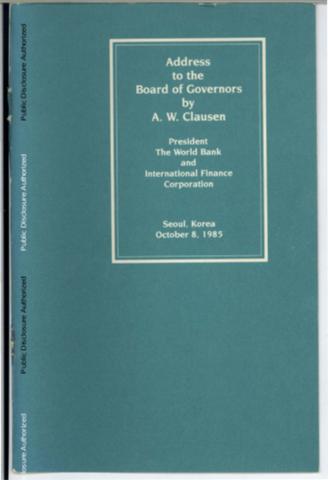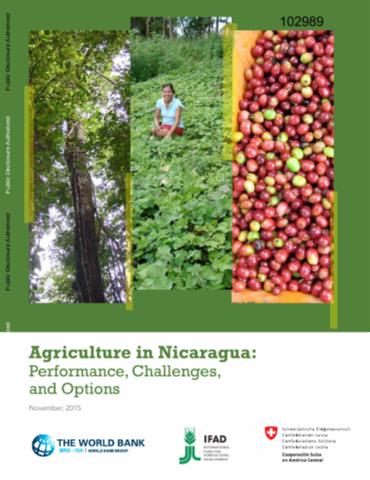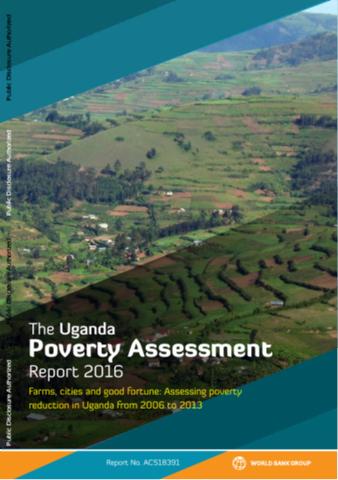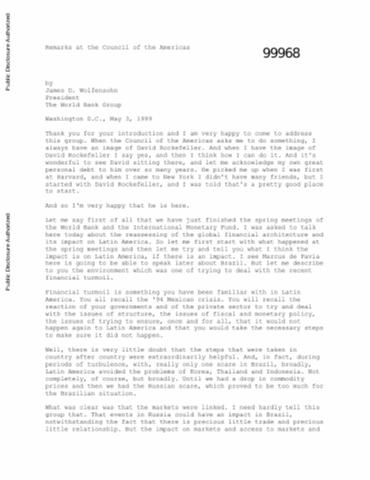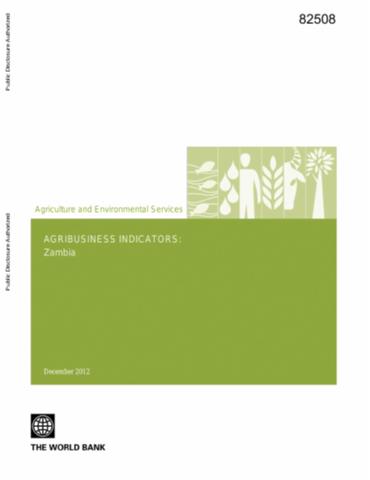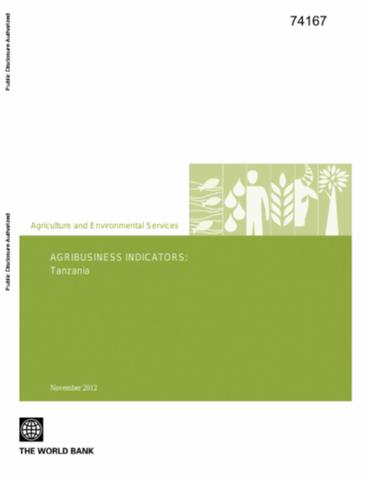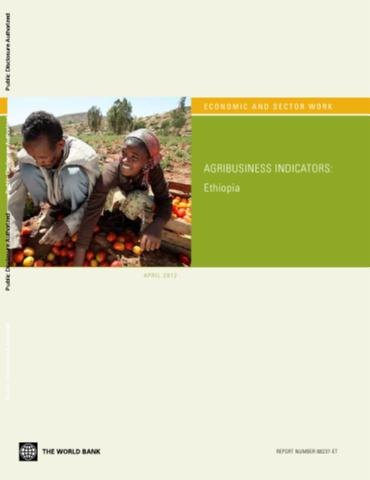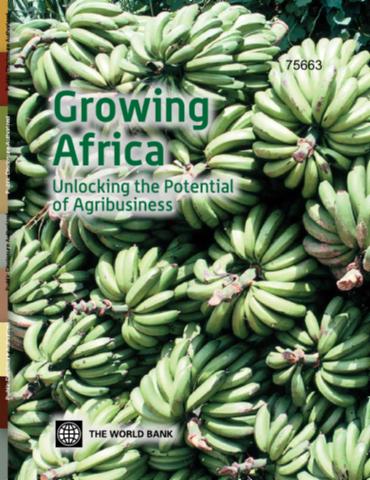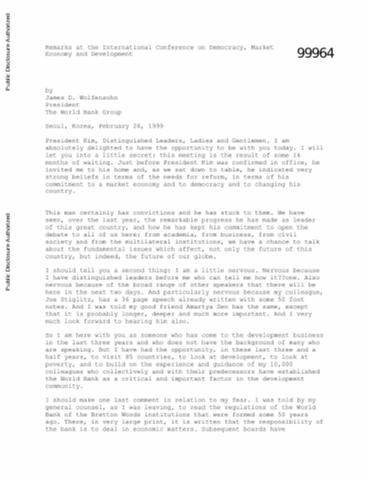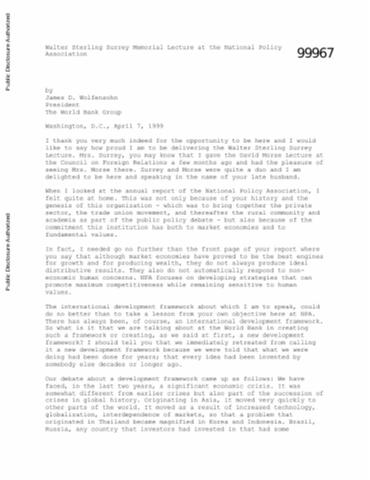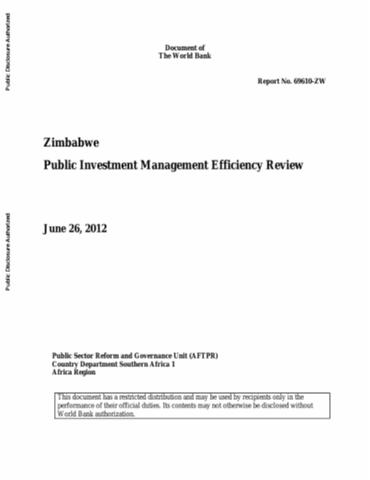Address to the Board of Governors Meeting in Seoul, Korea
In his speech, President A. W. Clausen reviews the economic and debt crisis of the last five years and shares his expectations for the next five years. The World Bank will play a vital role in a successful transition from recession to sustained economic growth. The Bank’s operational strategy rests on twin pillars: assisting borrowers in formulating adjustment programs, and helping mobilize external resources to sustain these programs. Heavily indebted middle-income countries need help to grow out of their debts.

